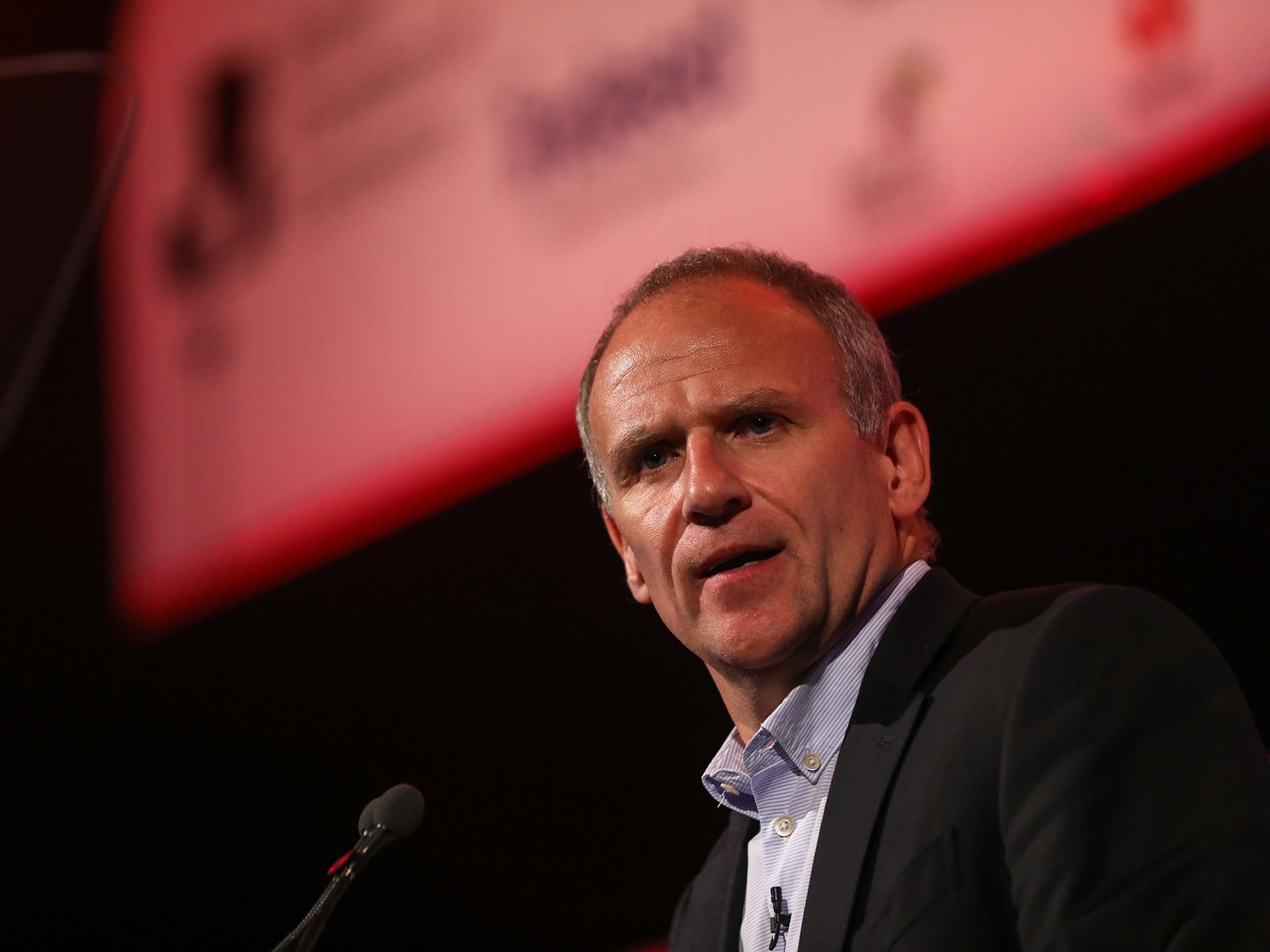The government needs to level the playing field between British retailers and online giants
Online-only retailers could be taxed more on their delivery vehicles and charged a sales levy... and that’s before they’re made to change their ownership structures so that they pay more tax in the UK, says Chris Blackhurst


The senior management of UK plc tend to be a very conservative lot.
That care and caution extends to not speaking out about the world’s troubles. Even when things have reached crisis proportions, they prefer to keep their counsel. It’s simply not done to rock the boat.
It’s heavily frowned upon and could be seen as drawing attention to problems besetting the company rather than to the industry or economy as a whole. And, who knows, one day they may require a favour from the very same authorities they’re attacking.
Which is why the decision, finally, of Dave Lewis, the boss of Tesco, to break the vow of silence is so heartening, and so significant. Lewis deserves praise for giving the government both barrels, accusing successive ministers of paying far too much attention to car and steel manufacturing, rather than to a sector that employs 3 million people and is “without doubt, strategically important to the UK economy” – yet has no place in the state’s industrial strategy.
“It’s treated differently from other, so-called traditional industries and I struggle with the logic of that,” said Lewis. “When it comes to helping valuable industries make structural transitions, why wouldn’t we shepherd and help retail’s economic value in the same way that we do steel and cars? We don’t. And frankly, sometimes the way we talk about retail jobs in the UK economy can be a source of anger for me.”
Even on its own, his firm dwarfs anything in those industries which receive so much ministerial interest. Tesco has 300,000 employees and 3,400 UK stores, is one of the country’s largest private sector employers, and is worth £22bn.
But when did you last see a politician appear in one of its aisles to make an announcement? Always, they prefer to address an overalls-wearing workforce on a factory floor or to don a hard hat on a construction site or white coat in a bio-science laboratory. Anywhere, it seems, but a shop.
We might be a nation of shopkeepers but try telling that to the government. The result is that retailing is facing disaster. Boarded up outlets are everywhere, daily there is news of another chain in trouble, with yet more closures, and job losses. But precious little is being said, and more importantly, done, about it.
Possibly, it’s a sign of just how low the industry finds itself that Lewis has chosen this moment to speak. In which case, the need for action is even more acute.
Hopefully, others will follow suit and support Lewis. Don’t be surprised if they don’t, however. Partly it’s their reluctance to provoke discord and to be in the spotlight. Also, they would rather the shouting was done by the trade body, believing it has more clout than individual operators.
That’s true of many sectors, but not so in retailing. Much of the current emergency is caused by the lack of a level playing field between the bricks and mortar and online sellers. Yet, membership of the British Retail Consortium includes the likes of Amazon, the very name that is provoking so much gloom on the high street.

In his address to the British Chambers of Commerce conference in London, Lewis described a “brutal” year for retailers in 2018, with 61,000 jobs lost between March and September.
The retail sector pays a quarter of business rates, he noted, with Tesco contributing £700m. Just a 2 per cent levy on digital sales would be sufficient to raise £1.5bn, he said – enough to fund a cut to business rates of 20 per cent. “I would argue business rates are killing the present, damaging our economy,” he said. That is not an argument, the BRC, with its digital members, can make with any degree of conviction.
But, if it was not for Brexit dominating so much of our media, more coverage would have been afforded to the collapsing high streets. There has been some focus, but not enough. And, in terms of a government action plan containing meaningful measures and figures that will make a positive, real difference (as opposed to those numbers that sound good when they’re proclaimed but once you take into account every town and city in Britain you realise they amount to not very much at all), there is no sign.
In reply to Lewis, the Treasury stuck to its dismissive mantra of Britain enjoying the lowest corporation tax in the G20 and having announced “substantial reforms to business rates since 2016”. Surely, the fact that the head of the mighty Tesco is so unimpressed, is calling for a 20 per cent reduction and has come up with a solution, ought to command the Treasury’s concentration? Apparently not.
It’s obvious to anyone that the online-only retailers enjoy enormous advantages. They could be taxed more heavily on their delivery vehicles, and charged a sales levy. And that’s before they’re made to change their ownership structures so that they pay more tax in the UK.
Allied to those moves, a wholesale refurbishment of our shopping districts, so that areas are made more attractive and appealing, as well as efforts to make public transport more accessible and parking cheaper and easier, and the outlook for Lewis’s industry could brighten. It may be, too, that we should realise we have too many stores and the total needs slimming down.
Well done to Dave Lewis. Now we need more like him. And the government has to listen, and act.
Chris Blackhurst is a former editor of The Independent, and director of CTF Partners, the campaigns, strategic, crisis and reputational communications advisory firm
Join our commenting forum
Join thought-provoking conversations, follow other Independent readers and see their replies
Comments